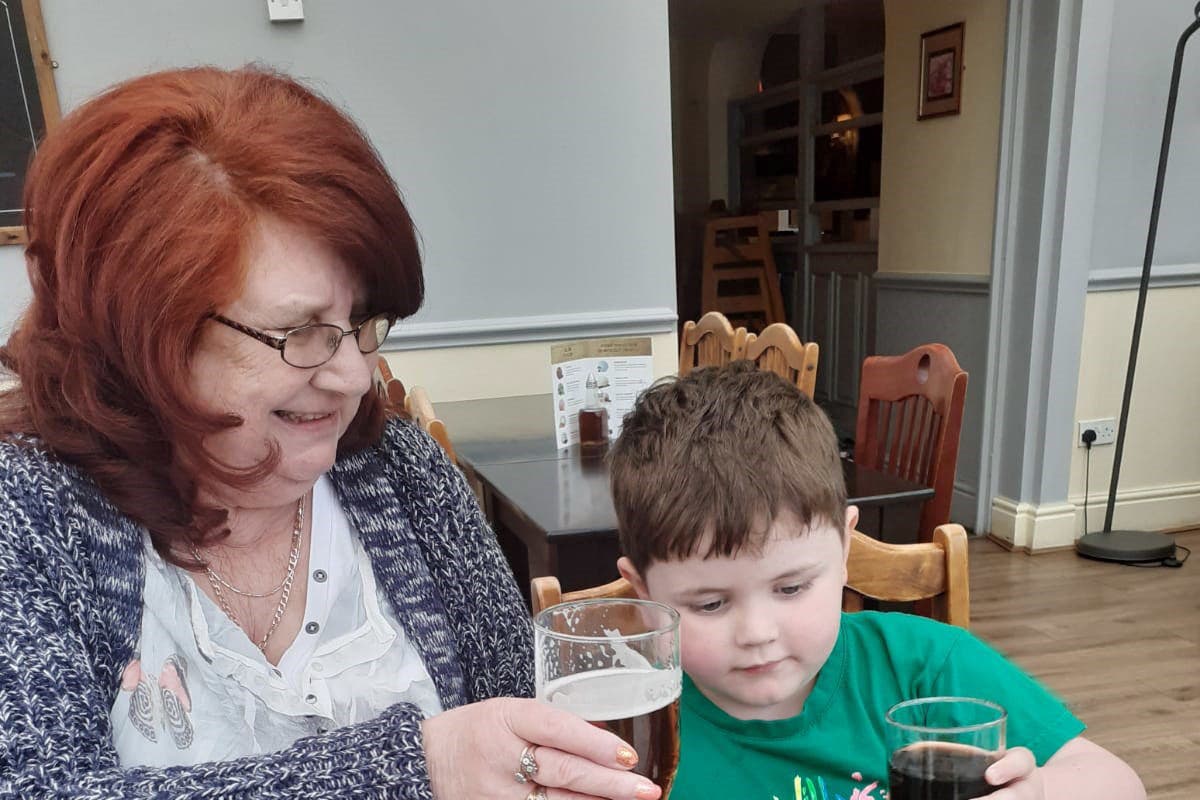
More than half of all teenagers do not know about a potentially life-saving stroke test, new research has revealed as a charity launched a campaign to raise awareness.
A survey by the Stroke Association found that 54% of British teenagers were unaware of the Fast (Face, Arm, Speech, Time to call 999) acronym, which helps people recognise the signs of a stroke.
Despite more than half of the 1,000 teenagers surveyed saying they knew a stroke survivor, two-fifths were unaware that calling 999 is the first thing you should do if someone is having a stroke.
Parents of those surveyed also showed low awareness, with just under half (47%) also unaware of the acronym which highlights the key stroke symptoms of facial drooping, an inability to raise both arms and slurred speech.
To mark World Stroke Day on Saturday, the Stroke Association is launching its “Pass Fast on” campaign, urging people to raise awareness of the signs of a stroke.
Cheryl Dean, 43, and her son Sam, 13, are supporting the campaign to teach Fast in schools after Sam helped save the life of Cheryl’s mother, Christine, by noticing she was having a stroke during a family birthday party.
Cheryl, from Stoke on Trent, said: “We are so grateful that Sam noticed something bad was happening – for a 12-year-old especially. This has totally rocked us as a family, we know it could have been much worse. In truth I think Sam saved her life – all because he knew to get help.
“Sam, James (Cheryl’s youngest child) and my mum are closer than ever, she was adamant that she wanted to be the same nan she was before the stroke, so she tries her hardest, but the boys know she now has limitations.”
She added: “I am a huge advocate for teaching basic first aid in schools and that includes recognising the signs of stroke Fast. I’ve always explained to Sam that stroke is like a house being on fire – the faster you put it out, the more rooms you save.”
The survey also showed a quarter of teenagers could not identify any of the three most common signs of stroke.
A stroke and mini-stroke are both medical emergencies, caused by a blood clot or bleed on the brain which cuts off the blood supply, killing brain cells.
Juliet Bouverie, chief executive of the Stroke Association, said: “We know from our survey that despite its debilitating and deadly consequences, strokes are still largely misunderstood.
“Many teenagers and parents don’t know that stroke happens in the brain – which is why it causes such severe disability and hidden cognitive effects.
“There is still work to be done to educate young people about stroke, reinforced by our survey which reveals that parents would like to see the Fast campaign taught in schools.”







